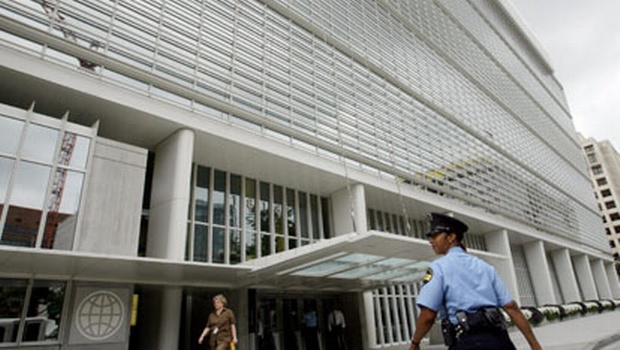World Bank gives $5 bn to improve education

The World Bank Group has announced that it will
double results-based financing for education to $5 billion over the next five
years. The new financing is part of the bank group's commitment to end extreme poverty
in the world by 2030 by improving both the quality and equity of education, so
that all children are learning the skills they need to lead more prosperous
lives, a World Bank Group statement said on Monday.
More than 160 countries are meeting in South
Korea this week to discuss a new goal and framework for action on education for
the next 15 years. This will be part of the Sustainable Development Goals to be
adopted by the United Nations in September, which will replace the Millennium
Development Goals (MDGs) coming to an end this year.
Despite much progress, 121 million children
around the world remain out of primary and lower secondary school. Most of
these kids are the hardest to reach, due to poverty, gender barriers,
remoteness, and disability.
The new global goal for 2030 is not only to get
all the remaining children in school but also make sure they are learning the
literacy, math, and non-cognitive skills they need to escape extreme poverty,
share in the benefits of economic growth, and drive innovation and job
creation, it said.
The truth is that most education systems are
not serving the poorest children well. An estimated 250 million children cannot
read or writea"even though many have attended school for years. This is a
tragedy and has serious consequences for ending extreme poverty, said World
Bank Group president Jim Yong Kim.
With nearly a billion people remaining trapped
in extreme poverty today, sustained efforts to improve learning for children
will unlock huge amounts of human potential for years to come. Better results
in classrooms will help end extreme poverty.
Increasingly, the bank group has tied education
financing to the achievement of pre-agreed results, devoting $2.5 billion to
results-based financing over the past five years. The new financing will help
boost accountability, attract resources and accelerate progress towards the new
global goal of learning for all.
World Bank Group analysts have cited three
reasons why equity and learning will help end extreme poverty by 2030. First,
education helps people escape poverty at very high rates, increasing earnings
by 10 percent for every year of education for employed workers. Second,
educated women and girls can be very effective agents of socio-economic change,
benefiting themselves and their families. And third, the quality of learning
outcomes how much workers actually learned at school is a strong
predictor of economic growth rates, it said.
source: newindianexpress.com
Post Your Comments for this News
Related Articles
-
Tips for Teaching Coding in Classroom
2017-06-16 12:39:35
-
How to Prepare for Student Orientation Day
2017-05-18 12:53:05
-
World Day for Cultural Diversity for Dialogue and Development.
2017-05-18 10:27:42
-
Big Data for Big Impact #WTISD-17
2017-05-17 09:28:16



